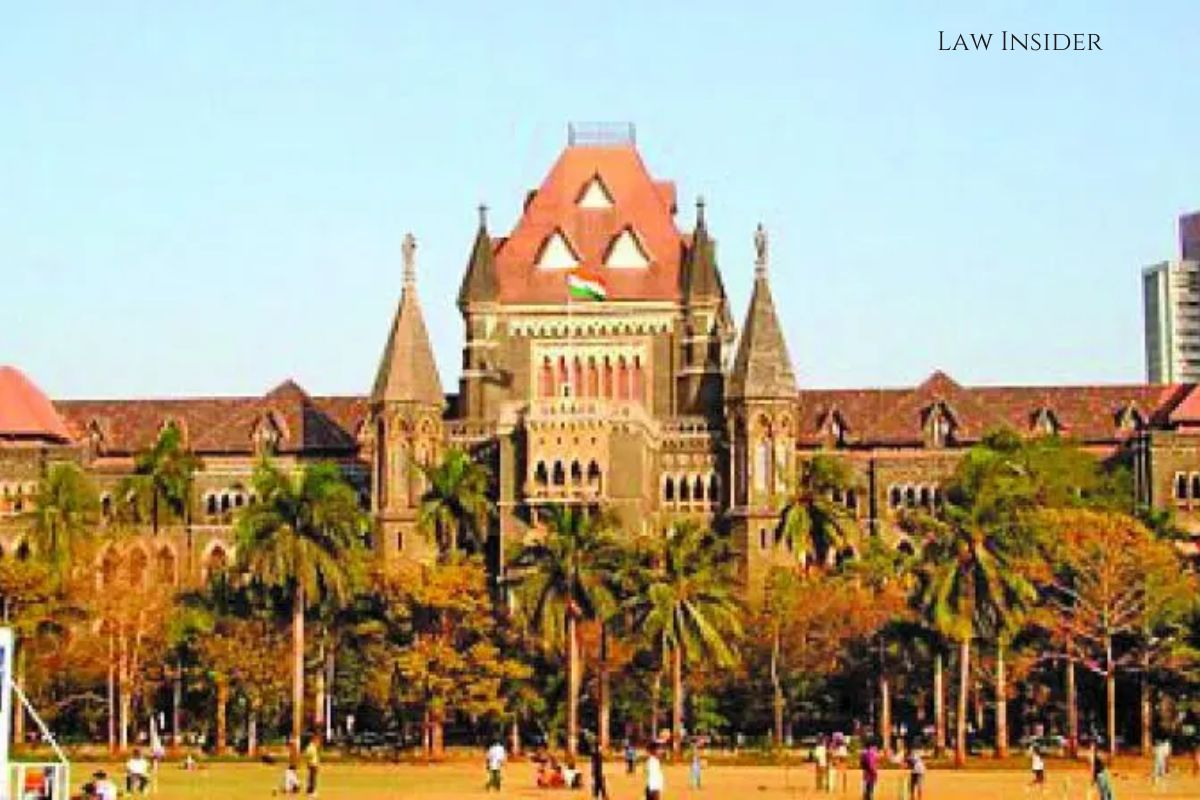LI Network
Published on: December 27, 2023 at 20:20 IST
The Bombay High Court has clarified that the bar under Section 269-SS of the Income Tax Act is not applicable to individuals making advances exceeding ₹20,000 in cash.
The Court observed that the provision, which restricts the acceptance of deposits in cash, is directed at the recipient and not the person offering or providing the funds.
The ruling came in response to a criminal appeal challenging the Metropolitan Magistrate’s judgment that had acquitted an individual accused under Section 138 of the Negotiable Instruments Act.
Justice Prithviraj K. Chavan, presiding over a Single Bench, emphasized that the penalty for violating Section 269-SS applies to the receiver, not the party making the cash advance.
The case involved a complainant who had extended a friendly loan of ₹3 lakhs to a neighbor in need. The accused, facing financial challenges due to her husband’s illness and her daughter’s training as an Air Hostess, issued cheques promising repayment by the end of June 2007. However, the cheques bounced, leading to a complaint under Section 138 of the NI Act.
Advocate Abhijeet A. Desai, representing the appellant, argued that the Magistrate had incorrectly applied Section 269-SS in acquitting the accused.
The High Court agreed, stating that the provisions of Sections 269-SS and 271D of the Income Tax Act had no relevance to the case.
The High Court found the Magistrate’s judgment to be unsustainable, quashing it and setting it aside. The court noted the misinterpretation of legal positions and failures to appreciate key admissions during cross-examination.
Consequently, the accused was convicted under Section 138 of the NI Act and sentenced to one year of simple imprisonment, along with a fine of ₹5,00,000.
The Court’s decision clarified the application of Section 269-SS, emphasizing that its restrictions pertain to the recipient of funds and not the individual making the cash advance.
The ruling serves as a significant legal interpretation, ensuring a more accurate understanding of the Income Tax Act’s provisions.
Case Title: Arti Rajesh Karangutkar v. Anna Rocky Fernandes & Anr.

